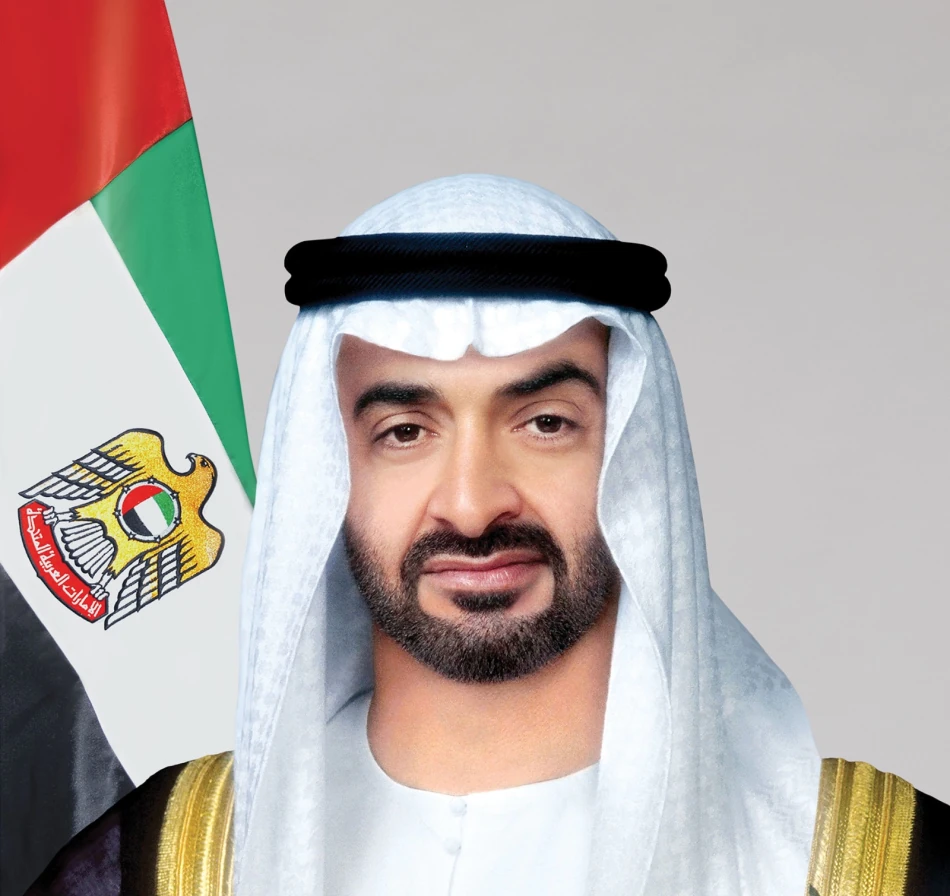
UAE President and Guinea-Bissau Leader Discuss Strengthening Bilateral Ties
UAE-Guinea-Bissau Summit Signals West Africa Investment Push
UAE President Sheikh Mohammed bin Zayed Al Nahyan met with Guinea-Bissau President Umaro Sissoco Embaló in Abu Dhabi today, marking another strategic move in the Emirates' expanding African investment portfolio. The working visit focused on bilateral cooperation across economic, trade, and development sectors, reflecting the UAE's systematic approach to securing resource partnerships and trade routes across West Africa's emerging markets.
Strategic Timing in West Africa's Economic Transition
The meeting at Al Bahar Palace comes as Guinea-Bissau, despite its small size, occupies a strategically important position along West Africa's Atlantic coast. The country has been working to stabilize its economy following years of political uncertainty, making it an attractive partner for UAE investors seeking early-mover advantages in frontier markets.
Both leaders emphasized their commitment to expanding cooperation frameworks that would benefit their respective populations, with discussions covering multiple areas of mutual interest beyond traditional trade agreements.
UAE's African Investment Strategy Accelerates
Following the Proven Playbook
This engagement mirrors the UAE's successful investment approach across Africa, where it has established significant footholds in countries like Egypt, Morocco, and Kenya. The Emirates typically focuses on infrastructure development, renewable energy projects, and agricultural investments—sectors where Guinea-Bissau shows considerable potential given its coastal location and agricultural resources.
Market Implications
For investors tracking emerging market opportunities, the UAE's interest in Guinea-Bissau signals potential infrastructure and development projects that could open new supply chains and investment corridors. The Emirates' state-backed investment vehicles, including Mubadala and ADQ, have historically followed diplomatic engagement with substantial capital deployment.
Regional Context and Competitive Positioning
The timing of this diplomatic outreach is particularly significant as China and European powers maintain strong economic ties across West Africa. The UAE's approach offers African nations an alternative partnership model—one that emphasizes rapid infrastructure development and technology transfer without the debt sustainability concerns associated with some Chinese Belt and Road projects.
Guinea-Bissau's strategic location could serve as a gateway for UAE companies seeking to expand their West African operations, particularly in logistics and port development sectors where Emirati firms like DP World have demonstrated global expertise.
What This Means for Both Economies
For the UAE, partnerships with smaller African nations like Guinea-Bissau represent low-risk, high-potential investments that align with the country's economic diversification goals. These relationships often yield favorable terms for Emirati companies while providing crucial development capital to African partners.
Guinea-Bissau stands to benefit from the UAE's proven track record in rapid infrastructure development and its connections to global markets, potentially accelerating the country's economic modernization efforts and integration into international trade networks.
Most Viewed News

 Sara Khaled
Sara Khaled






